Cities-4-People is about participatory processes and co-creation. In the project, co-creative processes concern the identification of critical intervention areas, the definition of local mobility challenges and the design, prototyping and piloting of solutions. Yet, there is an additional edge to co-creation: we want to involve citizens not only in creating the solutions, but also in assessing them. Therefore, co-creative techniques are used also to co-develop a methodology that uses indicators and metrics that are commonly agreed upon to understand the degree of success of implemented measures.
The idea behind this methodological dimension is to define and adopt a Core Outcome Set (in short, COS). The COS should help assess the effect of solutions on several dimensions within the People-Oriented Transport and Mobility framework, such as behaviour and lifestyle, social components, citizens’ satisfaction, health, environmental footprint. While COS will be rooted within existing or known intervention impact measures, the process of developing COS evaluation methodology will utilize the knowledge acquired from the existing C4P community structures.
During the past months, we have worked towards preparing a methodology to develop the COS. We have created an overview of challenges that are common to our pilot areas and a taxonomy of intervention types across all five pilot areas.
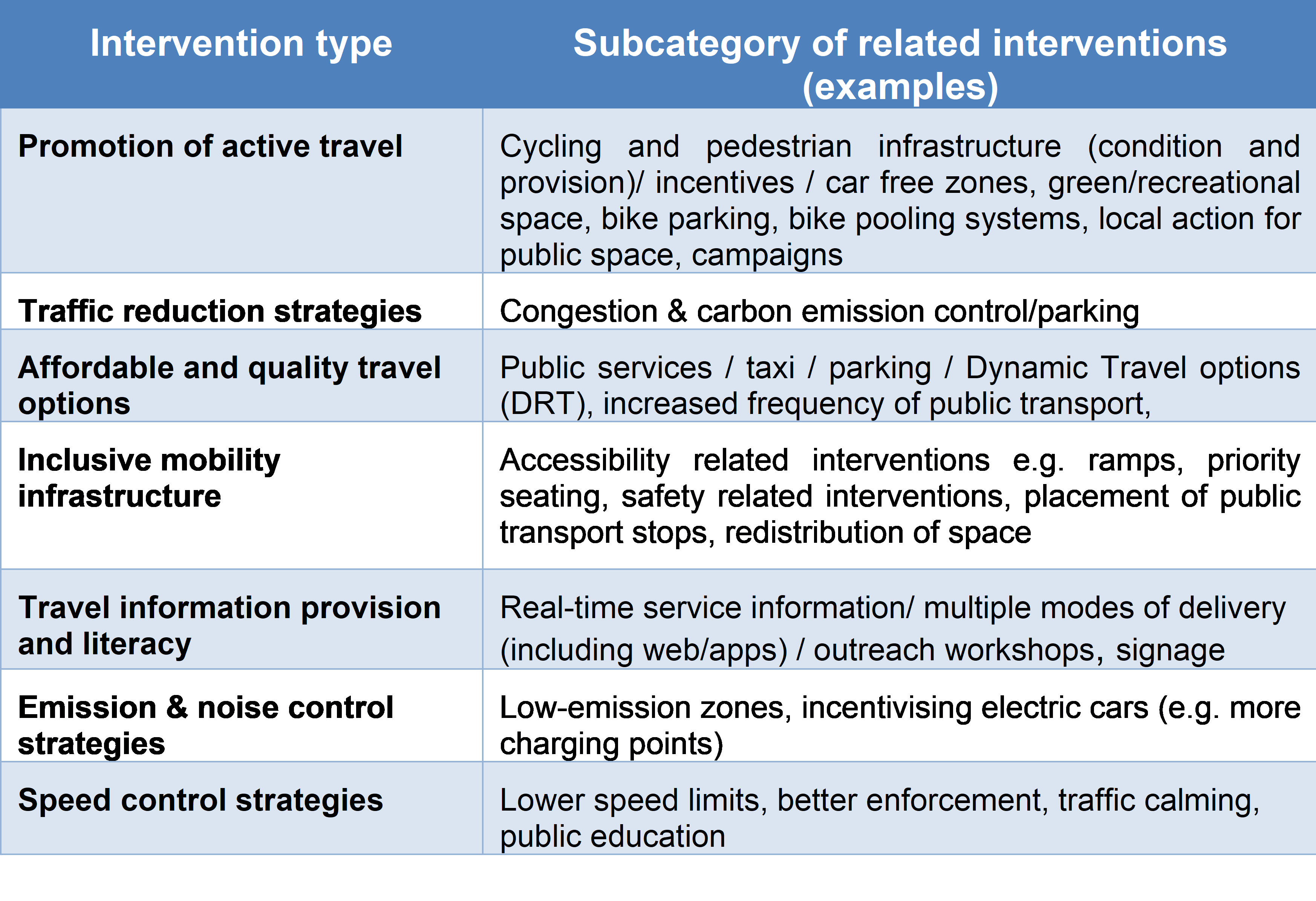
Moreover, we have tried to understand what their impact would be on the individual, at family level and at community level. This first ‘draft’ of COS forms the content and first round of ‘Delphi’ method process, which will provide a systematic participatory way to develop standardization of outcomes based on community participation in the five pilot areas. Through an iterative process, we will gather views from representatives of the C4P transport and mobility communities (including citizens and city transport professionals) to ascertain the kind of transport and mobility outcomes that they value and what differences the interventions in their particular cities will have on their quality of life. The repetition and continuous refinement of selected outcomes to be measured will lead towards consensus around the COS.
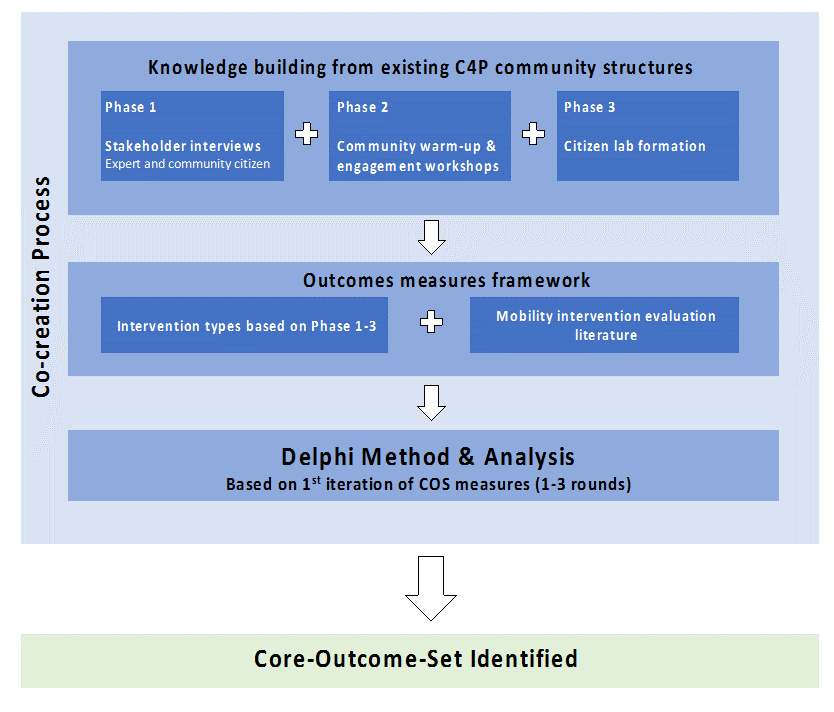
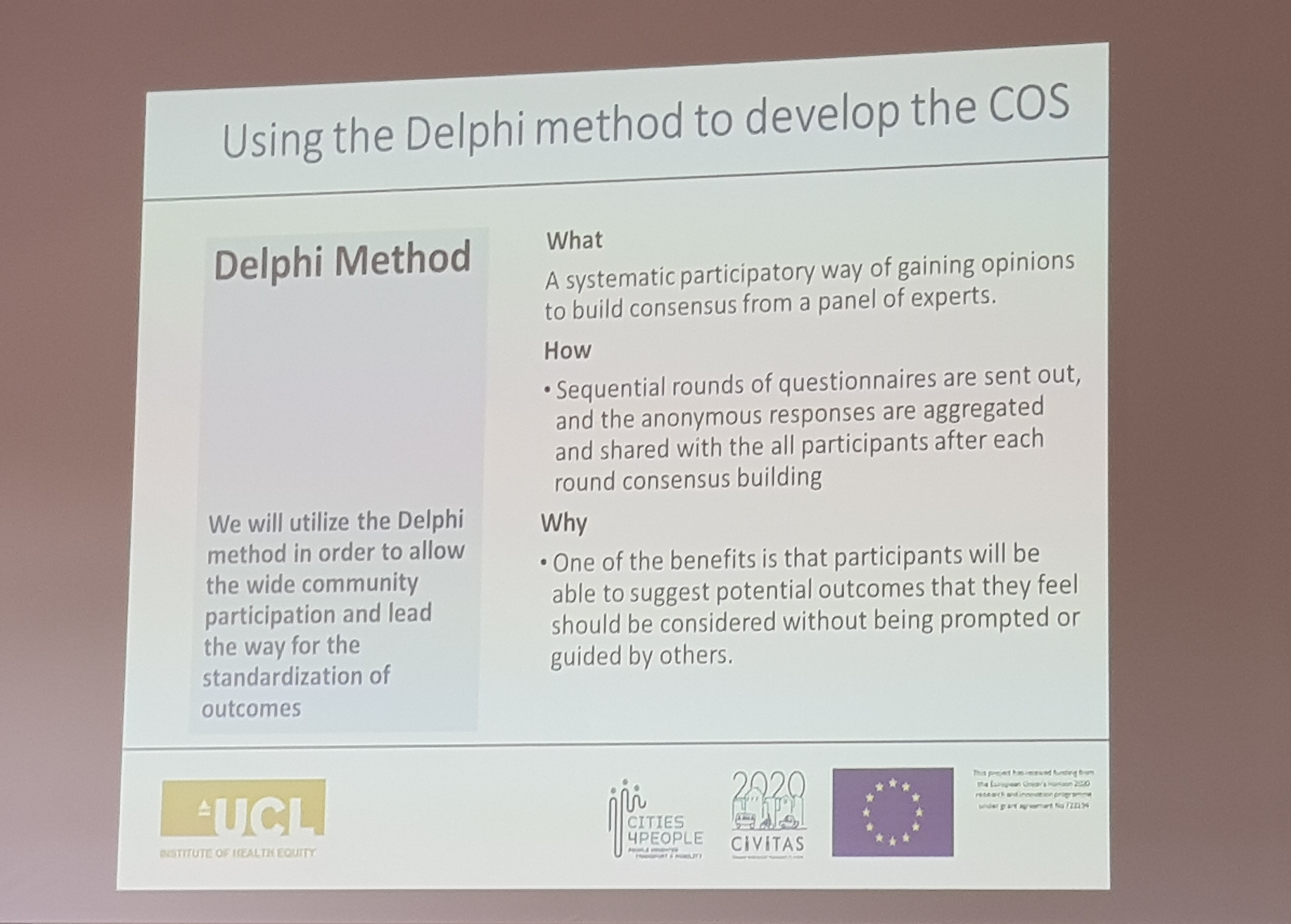
It should be kept in mind that this methodology remains flexible and evolves parallel to the development and piloting/ scaling- up phase of the pilots across the 5 Cities (Oxford, Hamburg, Budapest, Istanbul, Trikala), drawing on the community structures and works streams across the C4P consortium. We will keep you posted!
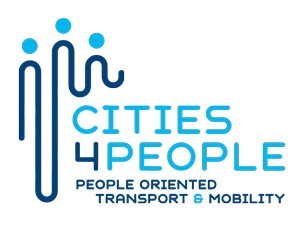
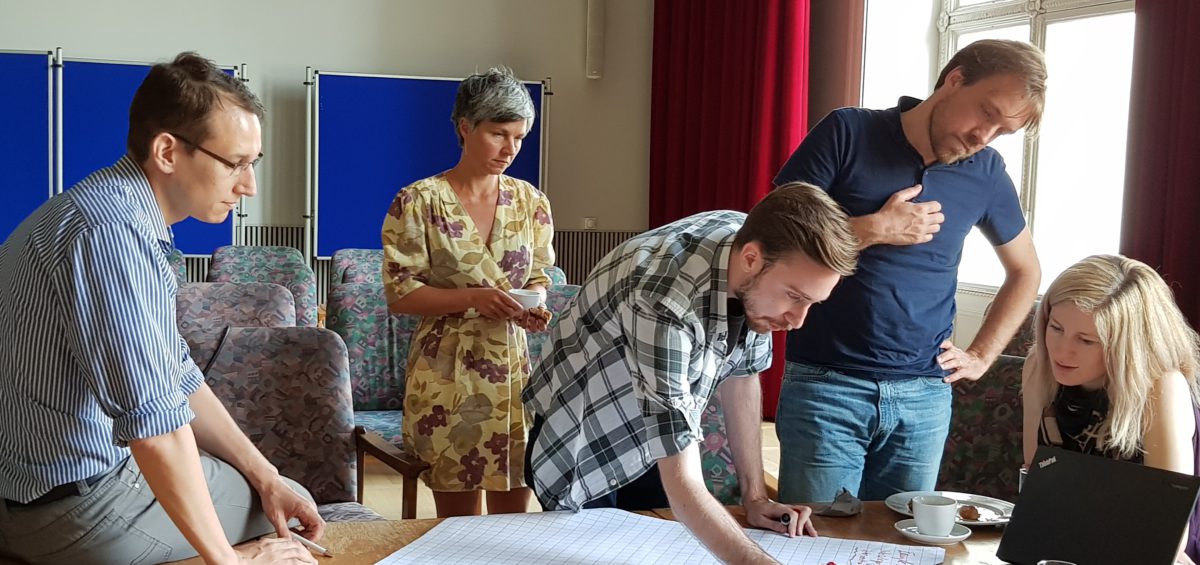


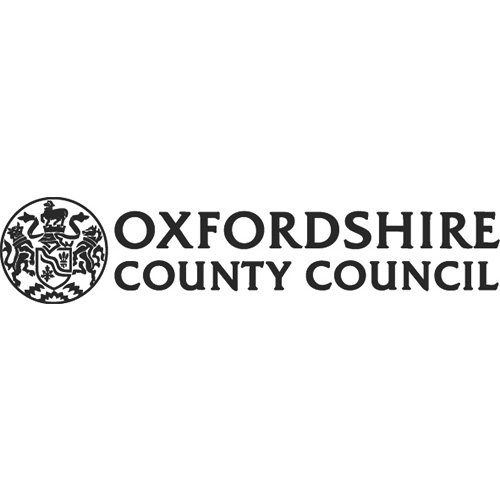

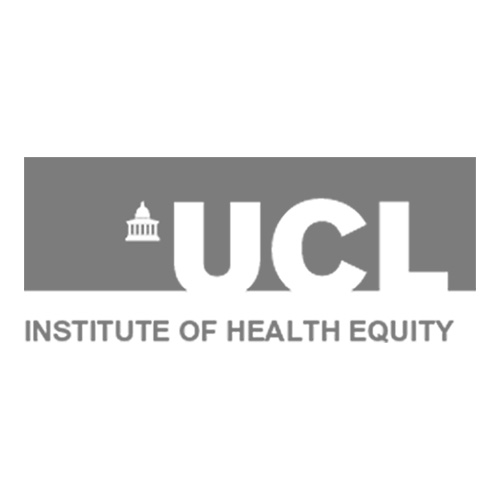




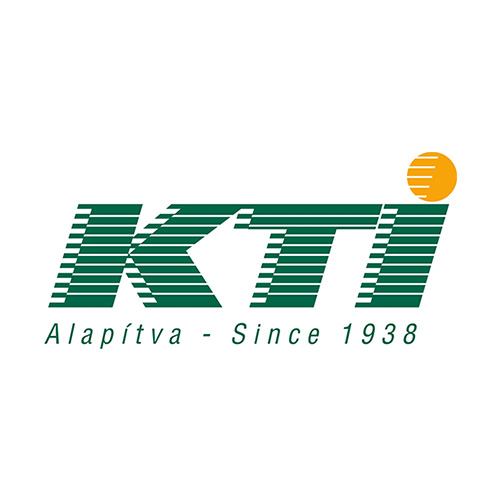
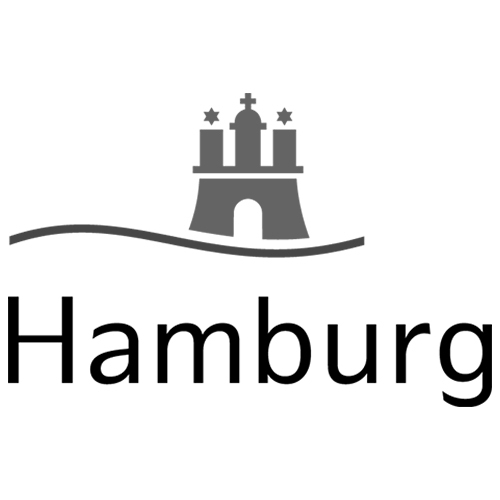
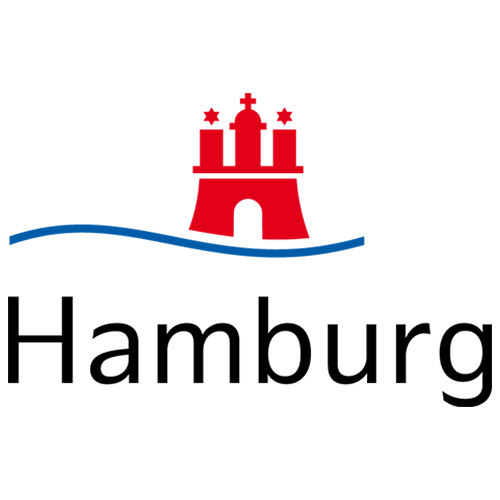
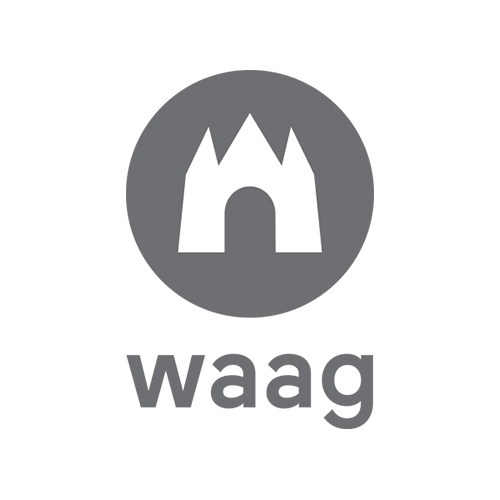
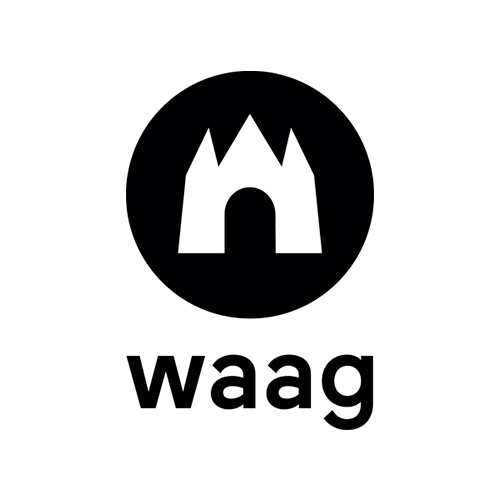
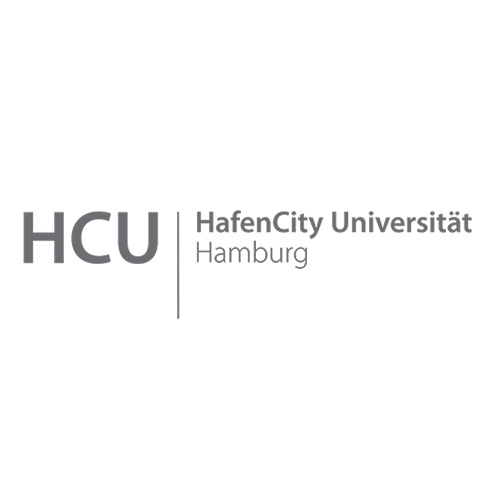
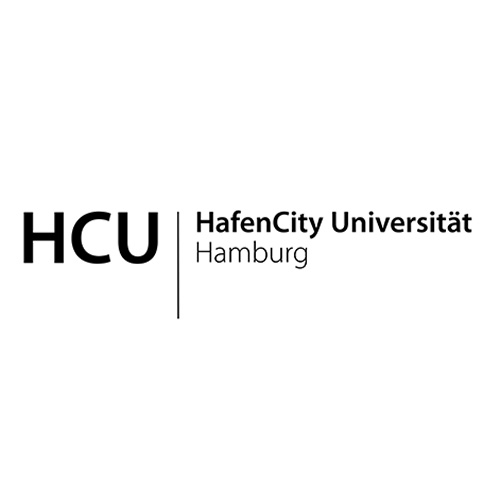
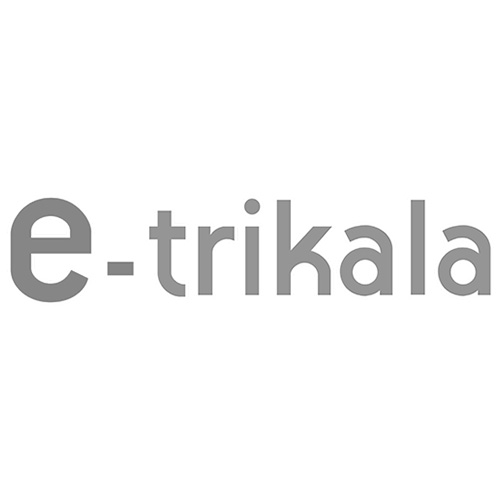
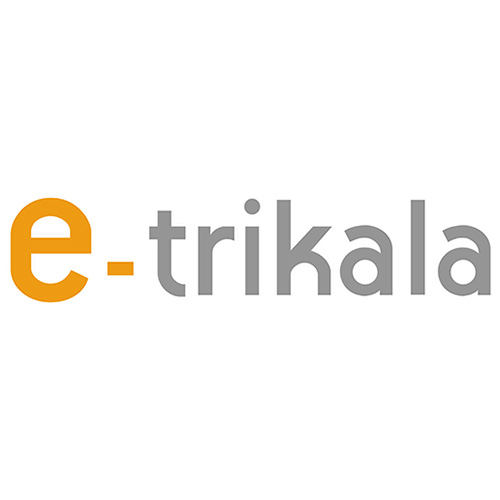








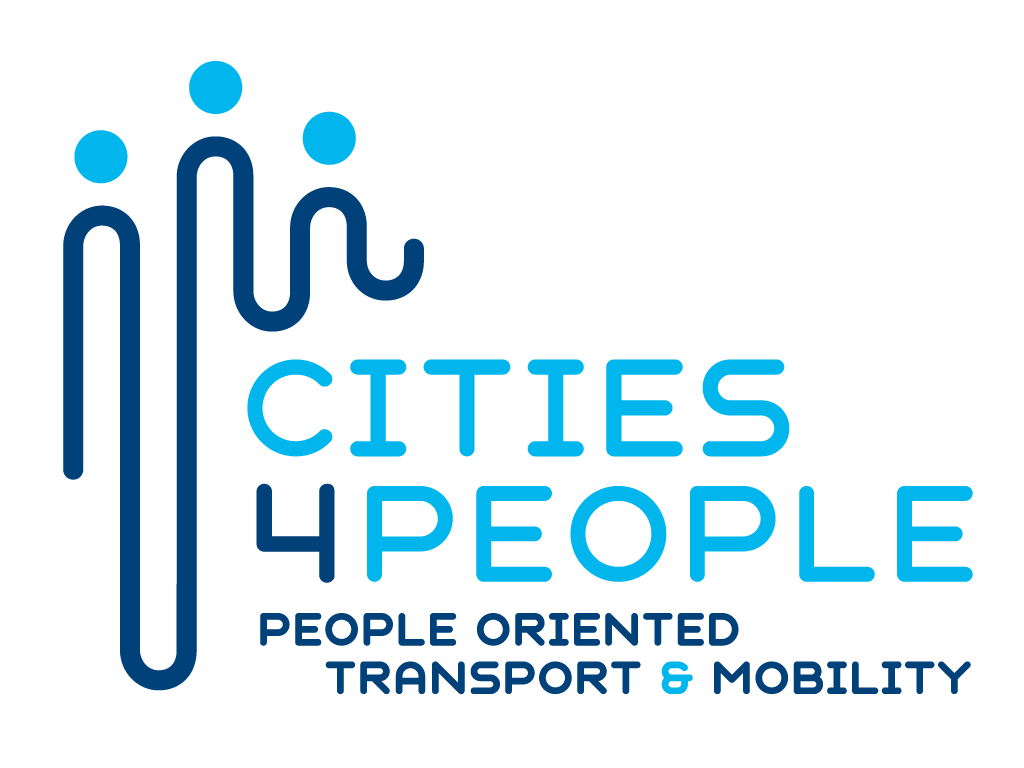
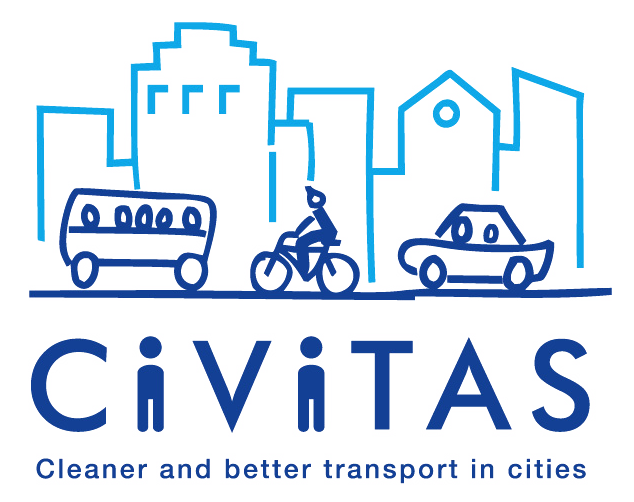


 English
English Ελληνικά
Ελληνικά Deutsch
Deutsch Turkish
Turkish